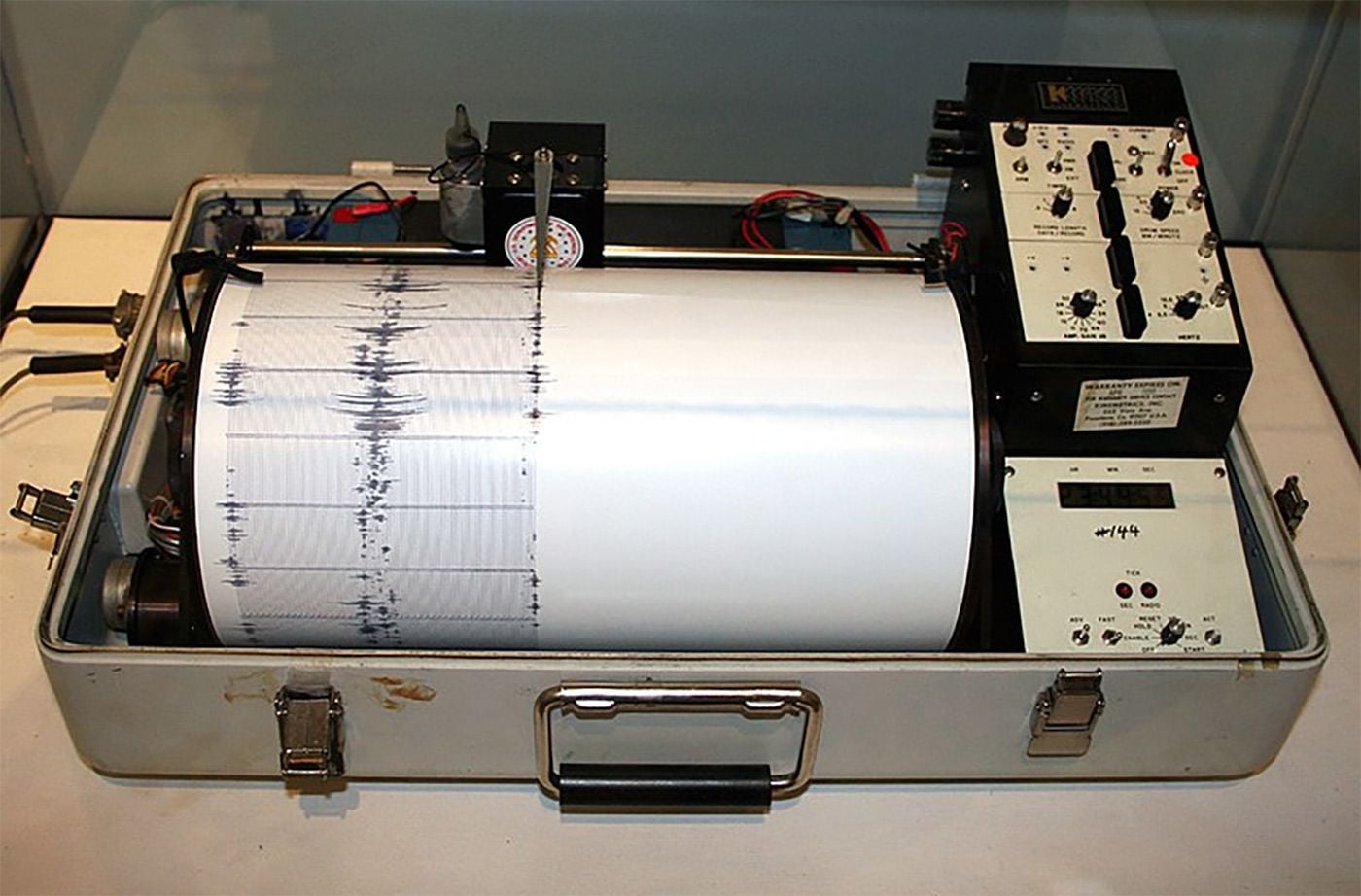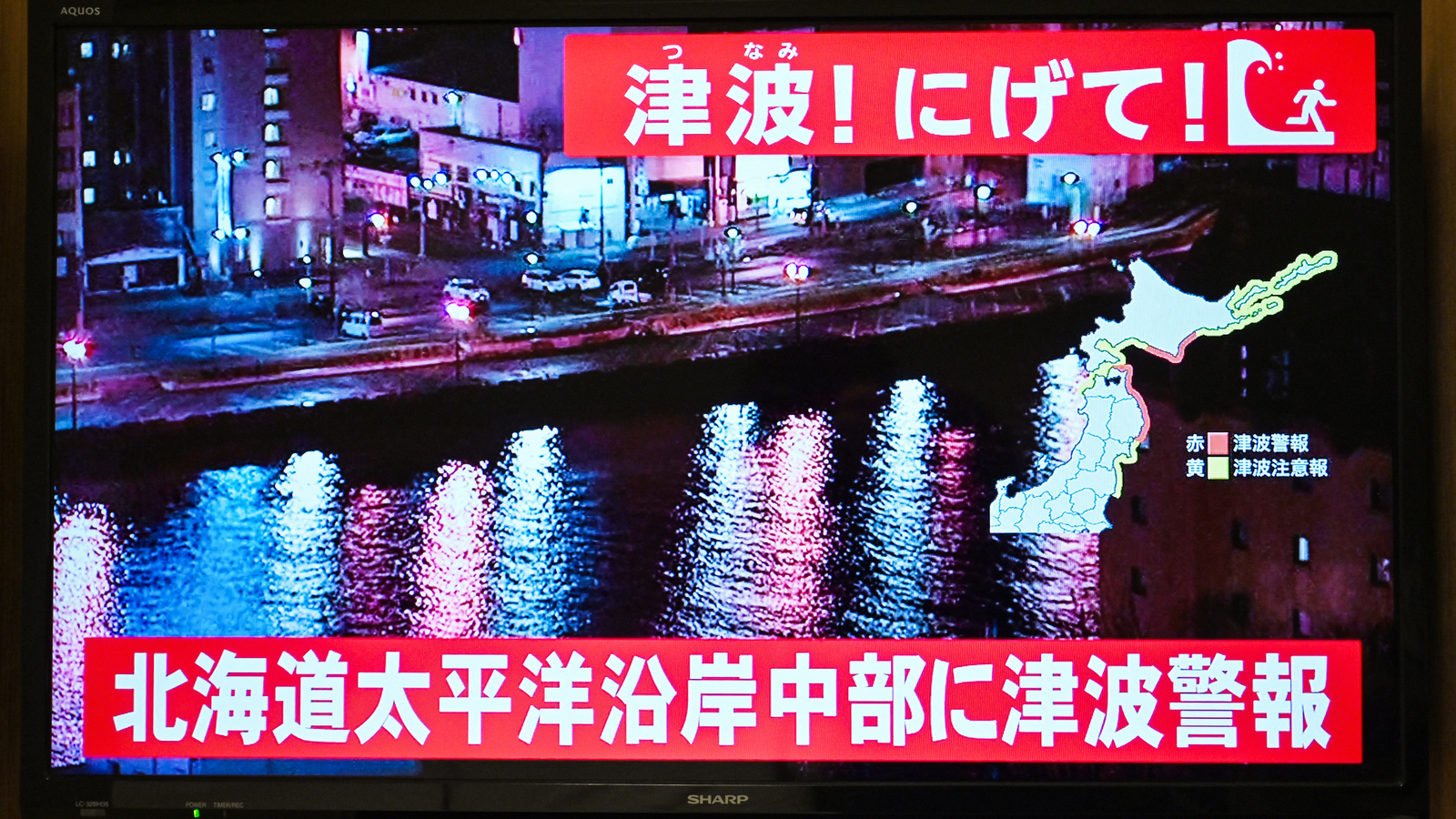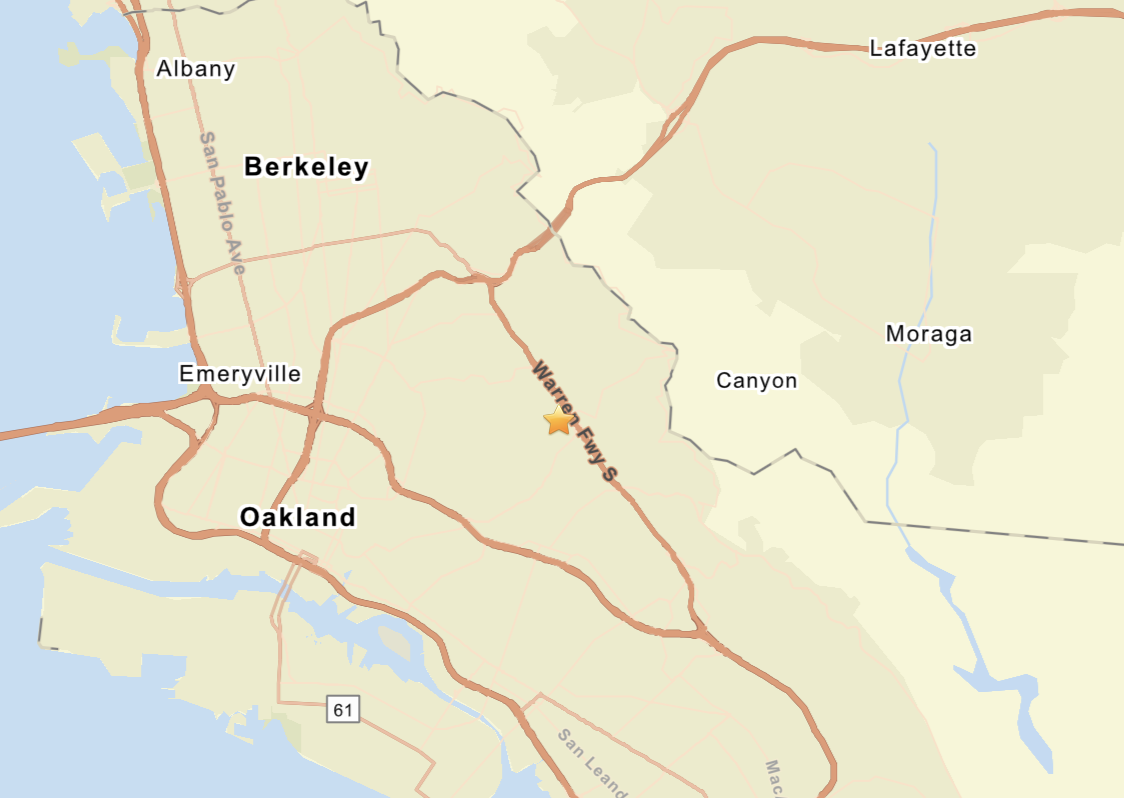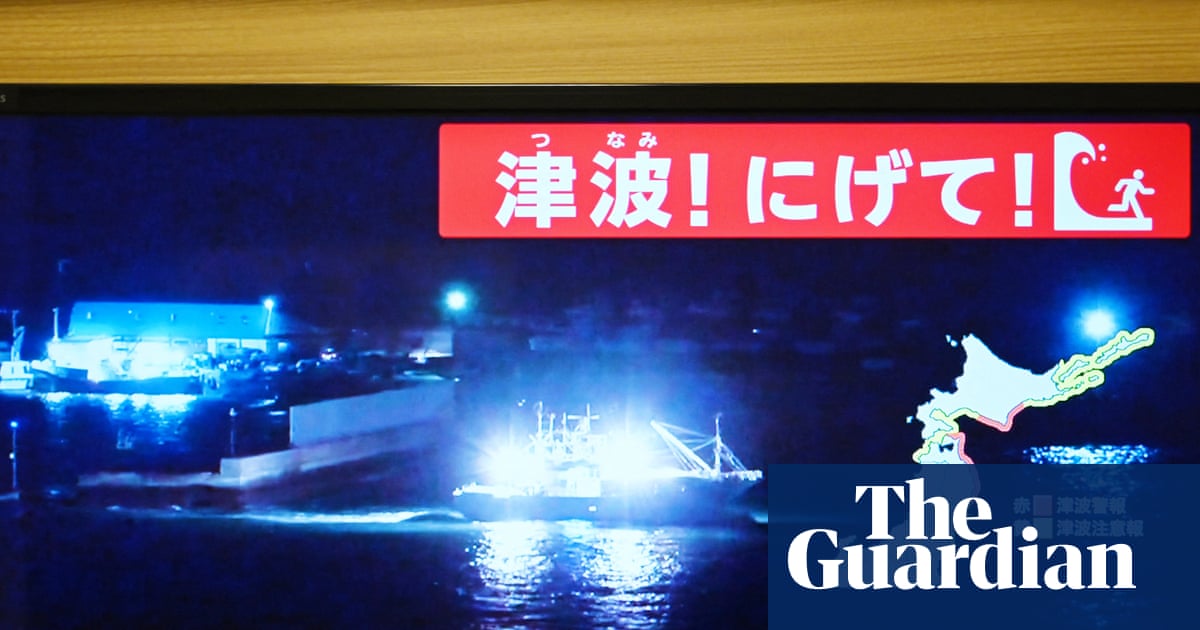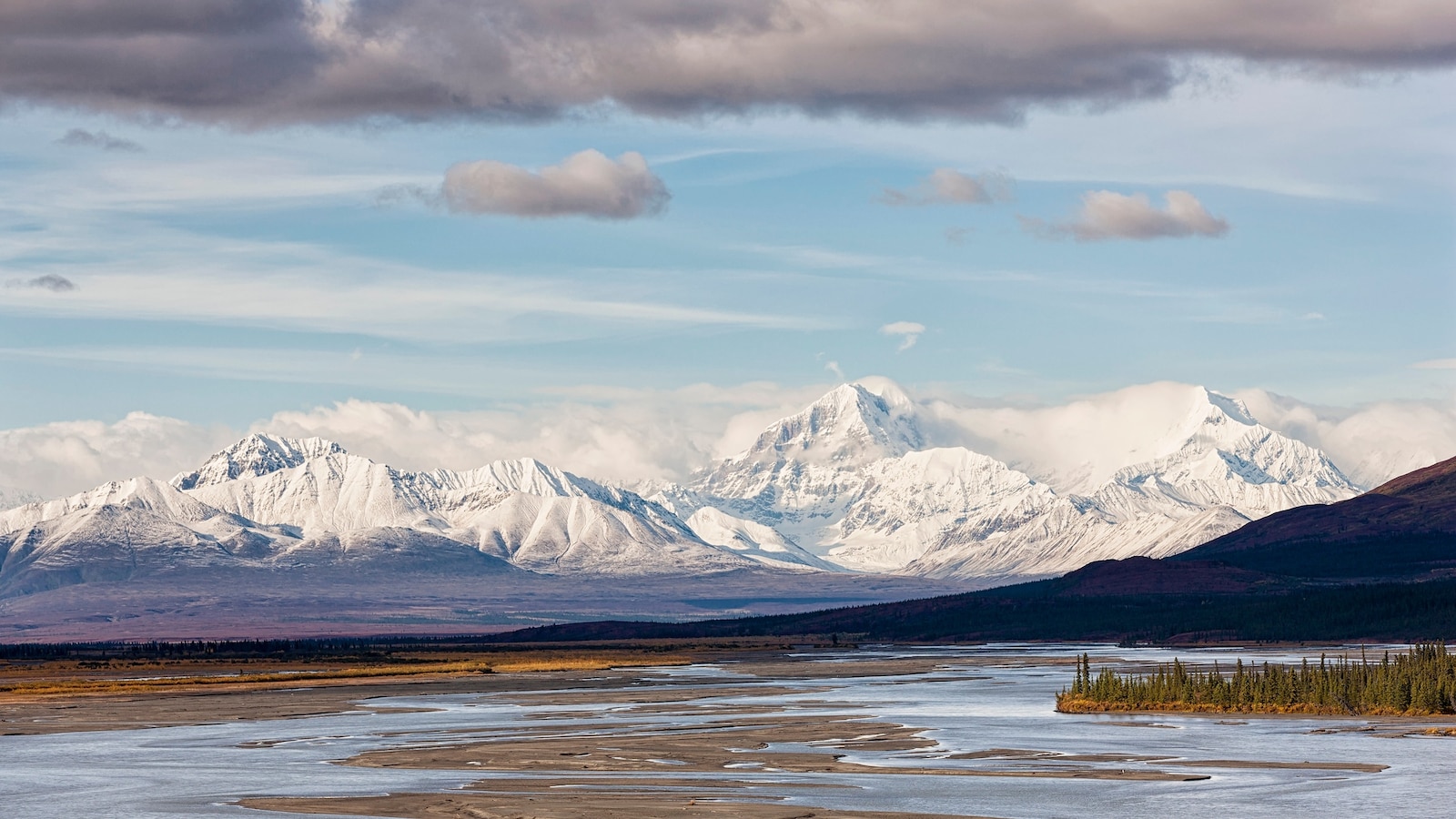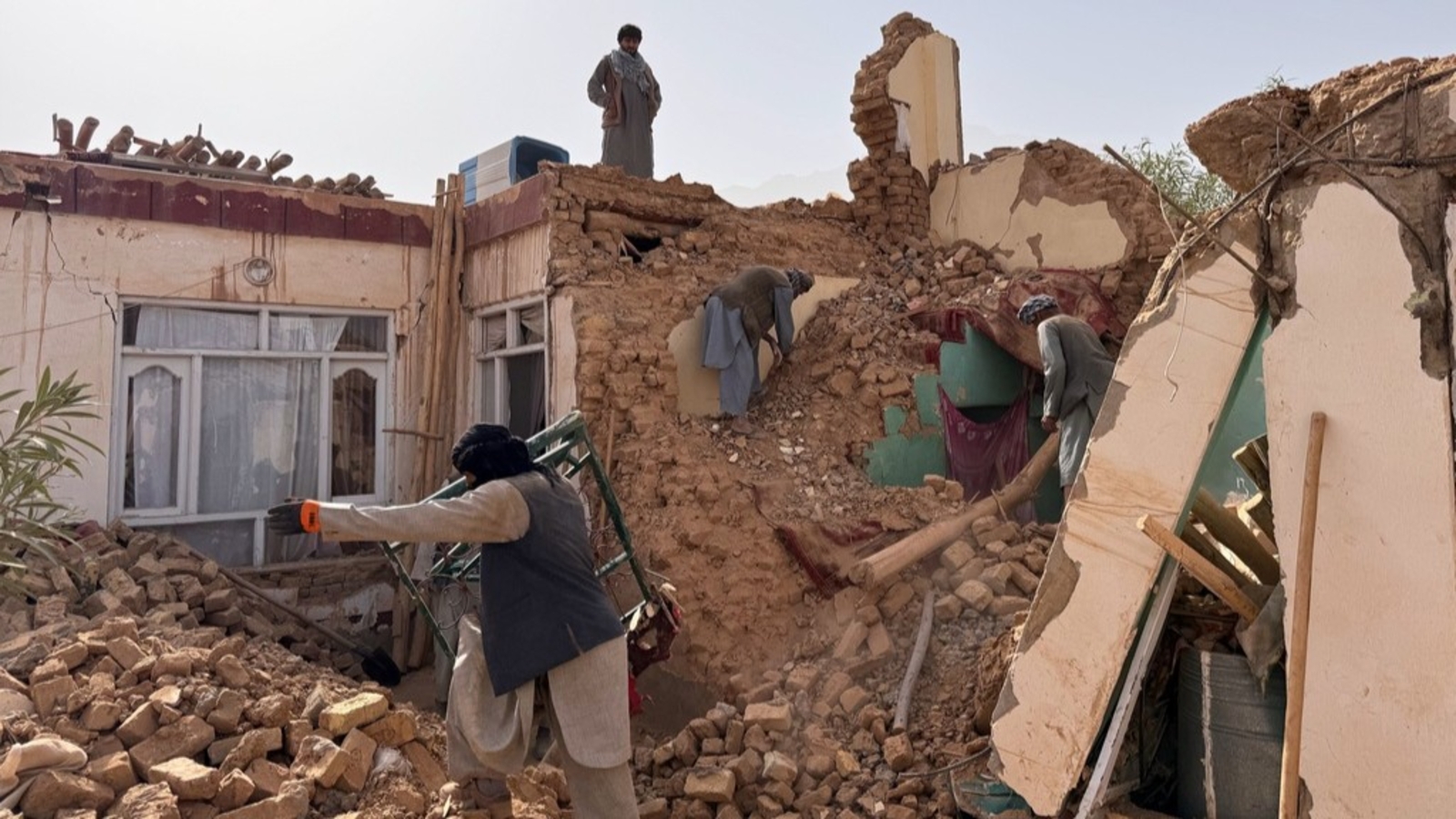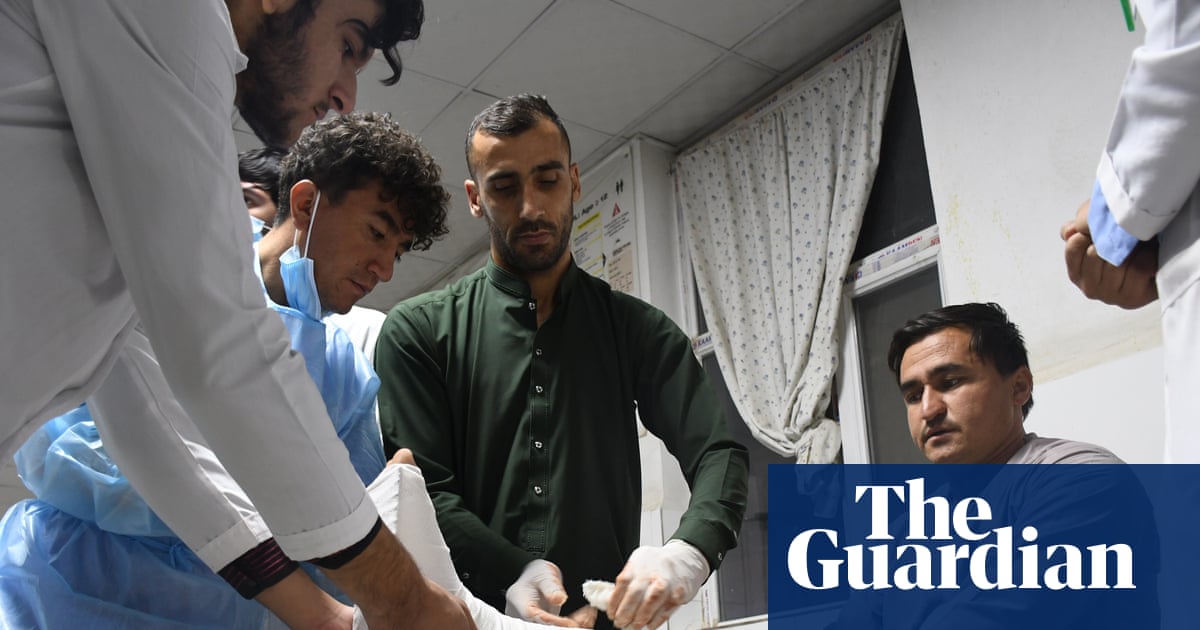fromLos Angeles Times
1 week agoMagnitude 3.5 earthquake recorded off Catalina
A magnitude 3.5 earthquake was reported at 9:40 p.m. Sunday 13 miles from Rancho Palos Verdes, according to the U.S. Geological Survey. The earthquake occurred 13 miles from Los Angeles, 14 miles from Palos Verdes Estates, 14 miles from Rolling Hills Estates and 14 miles from Avalon on Catalina Island. In the last 10 days, there has been one earthquake of magnitude 3.0 or greater centered nearby.
Los Angeles


